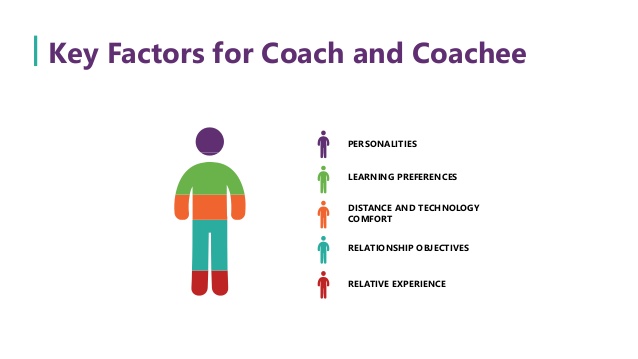We’ve said it before and we’ll say it again, coaching is crucial to success in sales.
According to CSO Insights’ Sales Enablement Report,
“Sales coaching is a leadership skill that develops each salesperson’s full potential [by] facilitating conversations with their team members that allow them to discover areas for improvement and possibilities to break through to new levels of success.“
Saying you don’t have time for sales coaching is like saying that your sales team is perfect. And it’s unlikely that you, as a manager, cannot add value. With coaching, it’s not about how much time you spend, it’s about the effectiveness of the time spent. CSO Insights found that most companies (42.6% surveyed) spend 30-60 minutes per person per week coaching. This is plenty of time to help your team members develop to their full potential.
Follow these 5 steps to lead a modern, productive coaching session that benefits you, your team, and the organization.
1. Set expectations up front
Before you even schedule a coaching session, it is important to make sure that everyone in the organization, from the sales reps to the CEO, understand how the process works. This includes a unified understanding of the purpose behind your coaching sessions. Coaching sessions are not only there to provide observation and feedback, they should include strategic discussions, assistance in meeting preparation, and breakdowns of pain points for individual contributors. Making sure that the whole organization has an understanding of what to expect during a coaching session help the process go smoother for everyone.
2. Personalize your sessions
Just like sales pitches, coaching sessions are not “one size fits all.” It’s important to understand each individual rep’s strengths and weaknesses so you can create a plan that will benefit the individual. One way to do this is to have each member of your team create a vision for what success looks like to them in the next year. From there, have them break their vision down into realistic, measurable goals that they can work on throughout the year. This sheds light on what is important to individual reps, allowing managers to personalize their coaching sessions to complement each rep’s goals, abilities, and current challenges.
3. Invest in effective sales technology
Having a sales management system, like LevelEleven, in your sales tech stack helps ensure that coaching is done consistently and that feedback is focused on the right topics. According to CSO Insights 2016 Sales Enablement Study, “companies with dynamic coaching programs (those that incorporate tech to increase sales productivity) achieve 28% higher win rates.” Sales management systems help seamlessly integrate coaching as a critical driver of sales growth into your organization. These technologies allow managers to plan their sessions in advance with coaching templates, coach with consistency, document sessions, and assign action items (and if you’re using LevelEleven, it’s all within your Salesforce.com!)
4. Use data to drive your sessions
This not only provides managers with a structured approach, it provides objective and subjective criteria to provide sales coaching feedback to individual contributors. There is no better way to see what is and isn’t working as well as opportunities for improvement than by using data to guide your coaching sessions. Using a data-driven approach also reinforces a clear understanding of KPIs and acts as a non-threatening way to hold rep accountable.
5. Encourage collaboration and feedback
As mentioned above, your organization needs to be on the same page about what to expect during a coaching session. Sales managers should work to foster a relationship of collaboration with his or her reps, built on mutual trust and respect. This ensures that reps are speaking openly about their challenges and goals during coaching sessions and that all feedback is constructive.
Following these guidelines will build the foundation for a productive coaching session but it’s important that coaching is an ongoing process. Research from Xerox found that 87% of new skills are lost within a month of sales training. Without consistency, your coaching sessions are an uphill battle.



